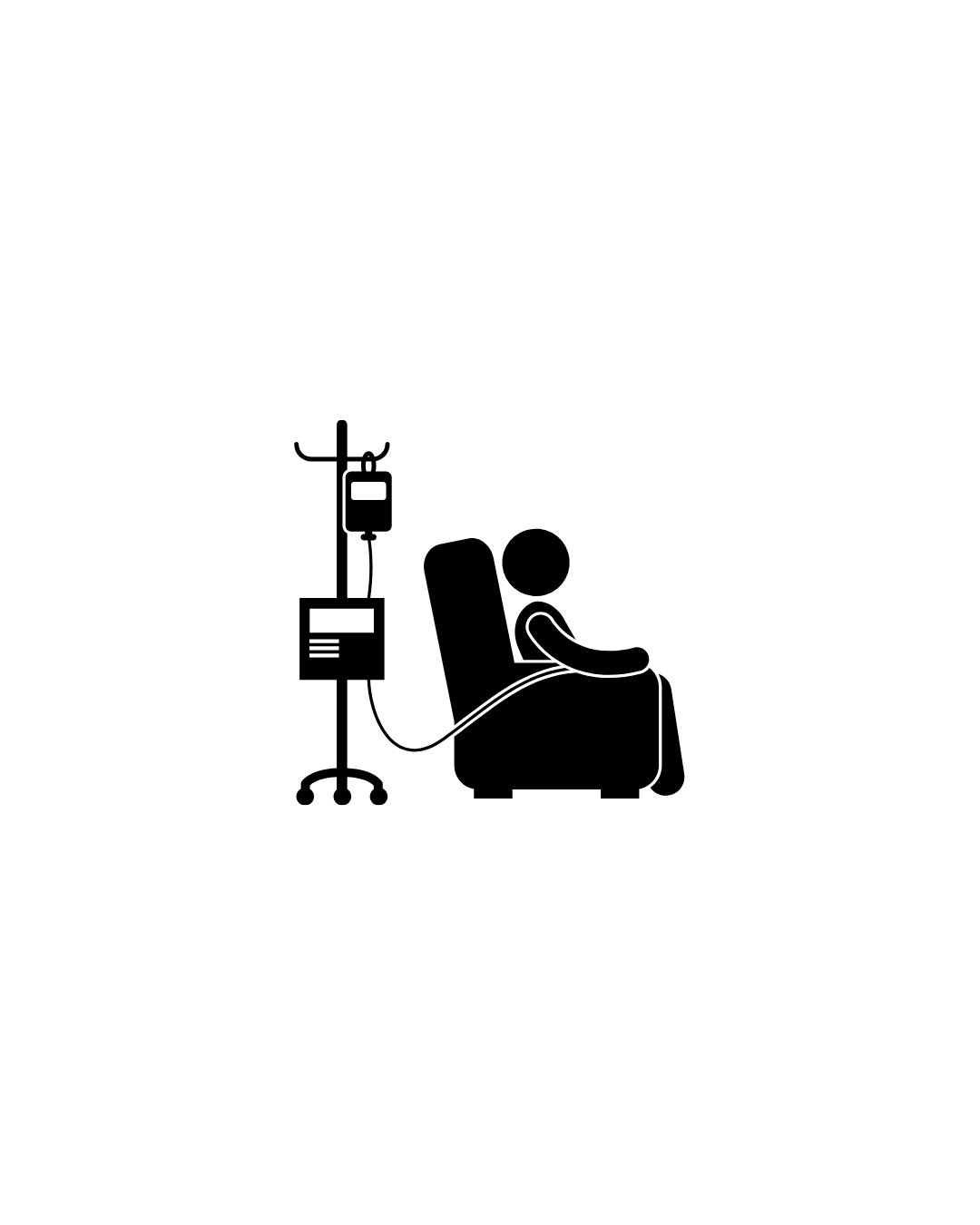Description
The Diploma in Vocational Education (D.Voc) in Dialysis Technician is designed to prepare students for careers in the healthcare sector, specifically focusing on the operation and maintenance of dialysis machines, as well as patient care for individuals undergoing dialysis treatment. This program provides a blend of theoretical knowledge and practical skills.
Course Details:
Duration: The program typically lasts for 1 to 2 years, depending on the institution.
Eligibility: Candidates usually need to have completed secondary education (10th or 12th grade) or equivalent. Some institutions may also require a background in science.
Mode of Study: Full-time or part-time formats are available, incorporating lectures, practical training, and clinical internships.
Curriculum:
The curriculum generally includes the following components:
1. Basic Knowledge
Introduction to Dialysis:
Overview of renal anatomy and physiology.
Understanding kidney function and the impact of kidney failure.
Medical Terminology:
Familiarization with key terms and language used in nephrology and dialysis.
2. Dialysis Theory and Practice
Types of Dialysis:
Study of hemodialysis and peritoneal dialysis, including their indications and contraindications.
Dialysis Equipment:
Operation and maintenance of dialysis machines.
Understanding the components of a dialysis machine, including blood pumps, dialyzers, and fluid systems.
3. Patient Care
Patient Assessment:
Techniques for assessing patients before, during, and after dialysis treatment.
Nursing Skills for Dialysis:
Basics of patient care, including vital signs monitoring, infection control, and managing complications.
Psychosocial Aspects:
Understanding the emotional and psychological needs of dialysis patients.
4. Clinical Skills
Venipuncture and Cannulation:
Techniques for accessing vascular sites for dialysis.
Dialysis Procedure:
Step-by-step procedures for conducting hemodialysis and peritoneal dialysis, including patient education and support.
5. Safety and Emergency Protocols
Infection Control:
Best practices for hygiene and preventing infections in dialysis units.
Emergency Procedures:
Managing complications that may arise during dialysis, such as hypotension or allergic reactions.
6. Legal and Ethical Considerations
Patient Rights and Ethics:
Understanding patient confidentiality, consent, and ethical considerations in dialysis care.
7. Practical Training
Clinical Internship:
Hands-on training in hospitals or dialysis centers, allowing students to apply their knowledge in real-world settings.
Simulation and Lab Practice:
Use of simulators and practice labs to develop technical skills in a safe environment.
Assessment:
Students are typically assessed through a combination of:
Practical evaluations in clinical settings.
Written examinations covering theoretical knowledge.
Continuous assessment during internships.
Career Opportunities:
Graduates of the D.Voc in Dialysis Technician can pursue a variety of career paths, including:
Dialysis Technician: Working in hospitals or outpatient dialysis centers, providing support and care to patients undergoing dialysis.
Renal Technologist: Assisting nephrologists in patient care and managing dialysis equipment.
Clinical Support Roles: Supporting healthcare teams in nephrology units, clinics, or dialysis facilities.
Patient Educator: Teaching patients about dialysis processes, care, and lifestyle modifications.
Healthcare Administration: Opportunities in managing dialysis units or administrative roles within healthcare settings, focusing on operations, quality assurance, and patient care standards.
Further Education: Graduates may continue their education in nursing, nephrology nursing, or other advanced healthcare programs.
This diploma program is essential for those looking to establish a career in the growing field of dialysis and renal care, combining technical expertise with compassionate patient care. If you need more specific information or have additional questions, feel free to ask!









